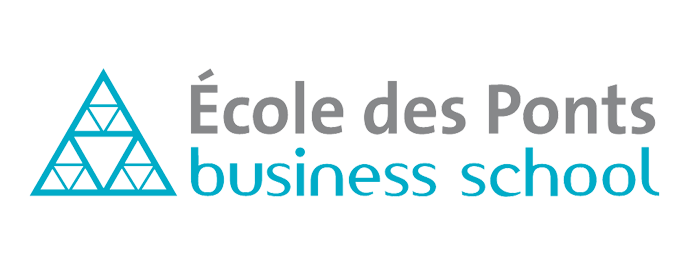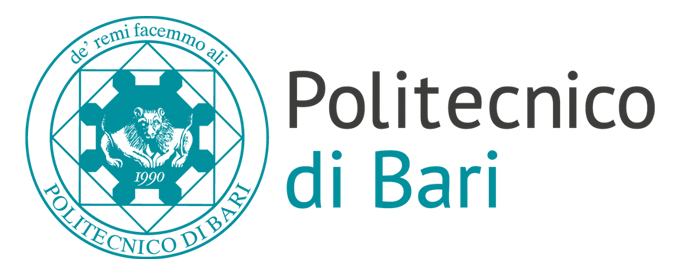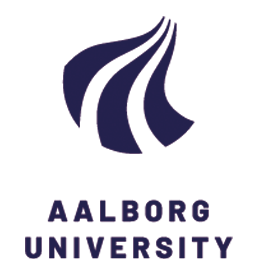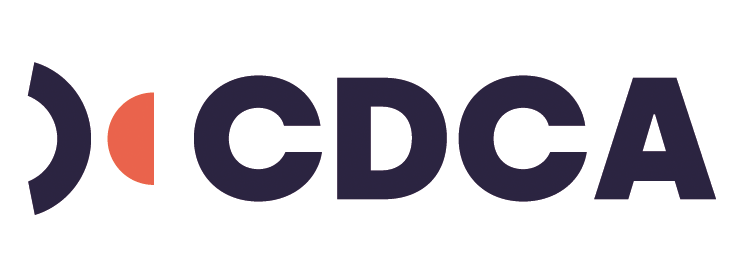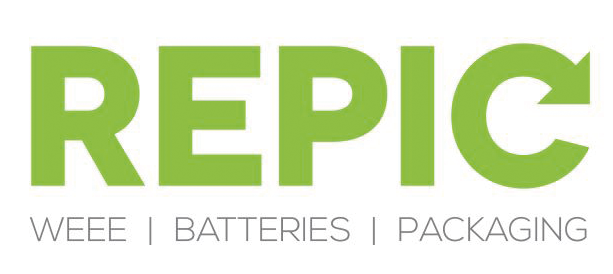CERES, a digital platform for circular economy training
18 Luglio 2024
The Circular Economy Digital Innovation Hub is a digital platform where users and SMEs can find a space for discussion on issues of ecological transition, courses and information materials on circularity. This is in line with the objectives of the CERES project, of which the CDCA is one of the actors. It has entered the piloting phase, this is how it will work
Read the original version of the article in Italian on Economiacircolare.com
The CERES project, a European project that aims to support the ecological transition of the production system through training in the circular economy, is about to enter the piloting phase of the Circular Economy Digital Innovation Hub (CE-DIH). It is ‘a dynamic and collaborative digital platform with the aim of fostering innovation and skills development for the transition to the circular economy’, as stated in the recently published CERES document ‘First version of the architecture and terms of use of the Circular Economy Digital Innovation Hub’, which outlines the guidelines for its development, structure and functionalities.
Under the slogan ‘Promoting sustainable innovation and collaboration for a circular and digital future’, the CE-DIH is conceived as a shared digital space providing training and skills development services to support the ecological transition. Its aim is to connect people and companies and disseminate up-to-date information on the circular economy, skills for the labour market, laws, policies and the latest standards, or telling about good practices and innovative processes adopted in the circular economy.
What is the CERES project
CERES (Circular Economy Innovation Ecosystems Redesigning Skills) wants to respond to the main social and economic challenges, both in the field of education and in the field of work, within the current economic, social and environmental context of intertwining innovation, need for new skills and digitalisation, in the midst of a climate crisis and the need for an increasingly circular economy in order to identify market trends in the circular economy sector, gaps in education between current training offers and the real needs of the labour market, as well as recommendations on the content of new curricula related to the circular economy.
The CERES consortium consists of nine actors (universities, vocational training institutions, consortia of companies, institutions and non-profit organisations) active in the field of the circular economy in five EU countries (Denmark, Italy, France, Bulgaria and Cyprus) plus one partner from the United Kingdom. Partners include the Centro Documentazione Conflitti Ambientali (CDCA), a non-profit organisation working in the field of promotion and communication of the circular economy, which will be in charge of the research and dissemination part of the results, and the universities Politecnico di Milano and Politecnico di Bari.

Who the CE-DIH platform is designed for
Students in higher education and vocational education and training are the main target group of the CERES digital platform and will benefit from curricula and training materials specifically designed to equip them with the skills needed in the circular economy. Small and medium-sized enterprises active in the sectors included in the CERES project (i.e. automotive, textiles and e-waste) can also benefit from the CE-DIH, thanks to the access to training, best practices and networking opportunities that the platform offers.
SMEs that develop and implement circular business models, focus on green technologies, the use of sustainable and advanced materials, eco-design solutions, are active in the field of recycling, reuse and reconditioning, work on clean technologies or innovations to foster a zero-waste economy or, finally, are interested in engaging with higher education and vocational training institutions to support training and skills development for the circular economy will find a place in the digital platform.
Also included will be companies using digital technologies such as blockchain, Internet of Things, artificial intelligence and virtual/augmented reality to support circular economy initiatives, companies involved in efficient resource management, including reverse logistics, supply chain management for circularity, and companies dealing with waste electrical and electronic equipment (WEEE), plastic waste and textiles, and willing to share case studies and experiences in the CERES online courses for educational purposes.
A platform designed for user interaction
The CE-DIH will provide a single entry point to connect its members, including students, SMEs and other education and training actors. The online platform will be accessed from a link on the CERES project website. The CE-DIH is developed on the Mighty Networks online platform. A choice made to allow maximum interactivity between users, with the possibility of creating communities and encouraging participation with numerous functions typical of social networks, such as discussion forums, video content, polls and live streaming, direct messages.
In addition, the platform is particularly functional for organising and managing courses, live virtual events and discussions. The aim of all this is to facilitate networking between students and companies, promote collaboration and the sharing of best practices and case studies. Mighty Networks also envisages a paid ‘subscription’ and other monetisation options, such as the sale of membership packages or one-off products with the aim of ensuring the long-term sustainability of the platform.
What functions the digital platform will have
In addition to functions designed to build a digital community, such as events and discussion forums, the platform contains another set of functions, more oriented towards actual training. First of all, the CE-DIH will provide access to CERES online courses, workshops and interactive e-learning materials to enhance the personal knowledge of higher education and vocational education students and support the growth of their careers in the circular economy. There is also a training section dedicated to up-skilling and re-skilling.
Much emphasis in the platform is placed on best practices and case studies of innovative solutions in the circular economy and digital transition from around the world, to provide practical insights and replicable models for companies and students. With a strong focus on the practical side, on the CE-DIH platform users will find design tools for circular product development, circular value chain optimisation, life cycle assessment calculators, but also information on business models, financial modelling tools and impact measurement to support the scalability of circular initiatives.
Also with the aim of providing users with useful information, in addition to a dedicated publications section, where academic research and studies on the transition to the circular economy will be uploaded, the CE-DIH will provide timely updates on EU policies and laws and any regulatory changes through articles and analyses, with the aim of keeping the community informed and able to navigate the evolving circular economy policy landscape.
Finally, news on accessing funding in support of the circular economy and digital transition will also be disseminated through an up-to-date list of available funding programmes at local, national and European levels, information on eligibility criteria, application deadlines and required documentation, and regular updates and project newsletters informing members about new funding opportunities, deadlines and relevant events.

The platform is a digital ecosystem for the circular economy
The wider objective of the Circular Economy Digital Innovation Hub is to create an innovation ecosystem in which a synergy between industrial and academic partners can be cultivated to foster the emergence of new collaborations and joint research that will lead, through the circulation of ideas, to the discovery of new solutions and the development of innovative technologies. Thanks to the courses, information materials and workshops, companies will be constantly updated on the latest technological advances and market trends, providing an opportunity for continuous improvement and increased competitiveness, helping them to overcome challenges and expand their businesses. Ultimately, the innovation ecosystem will act as a catalyst for change, enabling the CERES digital platform to fulfil its mission of promoting the principles of the circular economy and digital excellence.

